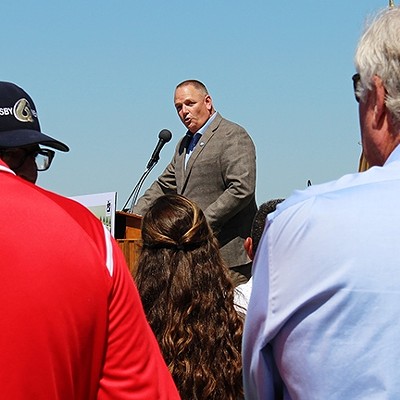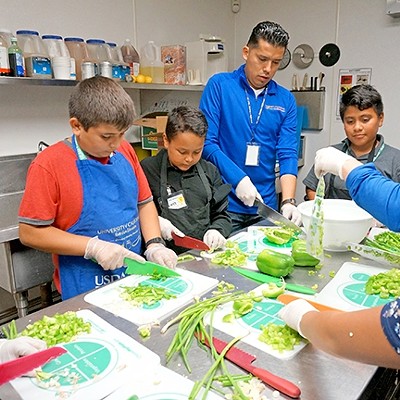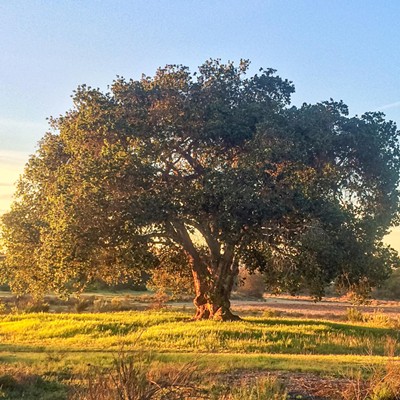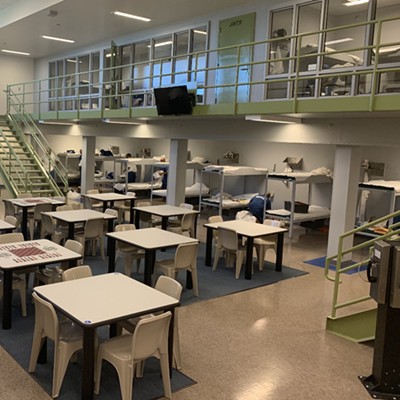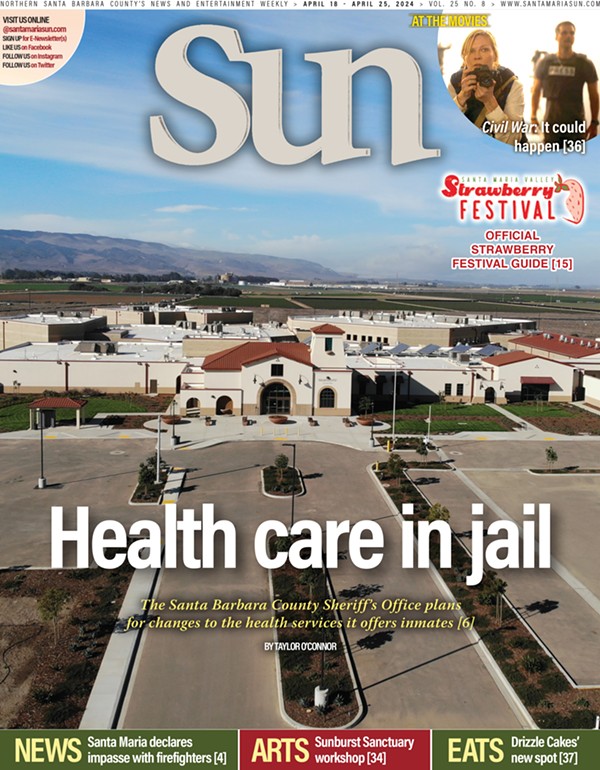Service and patient care workers at University of California campuses across the state participated in a three-day strike from May 7 to 9, protesting what workers call "widespread" employment inequalities in the university system.
The strike, which hit campuses including UC Santa Barbara, was a direct response to a years-long, failed bargaining effort between the university system and AFSCME Local 3299, a workers union that represents more than 25,000 UC employees.
After the most recent impasse, which AFSCME called an "insult" to workers, the union voted on April 17 and 18 to strike.
"UC feels that it is highly inappropriate that AFSCME is now using a strike as a negotiating tactic," UC officials wrote in a statement released by the office of the president on May 7, one day into the strike.

Officials added that the union's demands for a 20 percent pay raise over three years would be twice what other UC employees have received and totally unjustifiable.
"A strike is only hurting the union's own members who will lose pay for joining this ill-advised three-day walkout, while negatively affecting services to patients and students," the statement reads. "A disruptive demonstration will change neither UC's economic situation nor the university's position on AFSCME's unreasonable demands."
AFSCME Communications Director John de los Angeles said the protest isn't just about wages but systematic inequalities within UC's employment choices.
A study written and published by AFSCME in April found that the ratio between the average salary for UC's top 1 percent of wage earners and the median salary for all workers grew from a ratio of 7-to-1 in 2005 to 9-to-1 by 2015. Top administrators' salaries grew by nearly 64 percent in that time, according to the data.
The union also found racial and gender disparities. White UC employees earn on average 20 percent more than Latino and black employees, according to the study, and women typically make $2 less an hour in starting wages.
UC also outsources many of its available service positions, de los Angeles said, creating fewer jobs for the local workforce.
"I don't think these strikes are for nothing," de los Angeles said in a phone interview with the Sun with the sounds of a strike at UCLA in the background. De los Angeles added that with massive support from many UC students, staff and faculty members, and state politicians, workers hope to see UC officials back at the bargaining table soon with a better offer.
"If anything," de los Angeles said, "I think the strikes are bringing awareness to the public."
That's how UC Santa Barbara student David Melendrez sees it.
Melendrez, who is on schedule to graduate with a sociology degree this spring, said he and many of his peers rallied in solidarity with the workers striking on UCSB's campus between classes. Protesters marched around the Arbor, rallied at Storke Tower, and listened to various speeches from local workers, students, and faculty members.
Like many of his fellow students, Melendrez was raised by service and field workers. Melendrez said he moved to Santa Maria as an immigrant with his family when he was 6 years old, and later transferred to UCSB after several years attending Allan Hancock College.
"So it's easier for students to connect with UC workers than a lot of the faculty," Melendrez told the Sun, "since a lot of our parents are working class."
Melendrez said several of his professors and teaching assistants even chose to hold classes or office hours off campus during the strike in a show of support for the protesters.
The workers, Melendrez said, deserve to earn a living wage. The cost of living in Santa Barbara is only becoming increasingly difficult to afford, he said.
"I think a lot of people talk about how protests and marches don't really do anything," Melendrez said, "but I think that it shows that people are demanding, that there is a need for these changes because people are showing up."
Staff Writer Kasey Bubnash writes School Scene each week. Information can be sent to the Sun via mail, fax, or email at [email protected].




